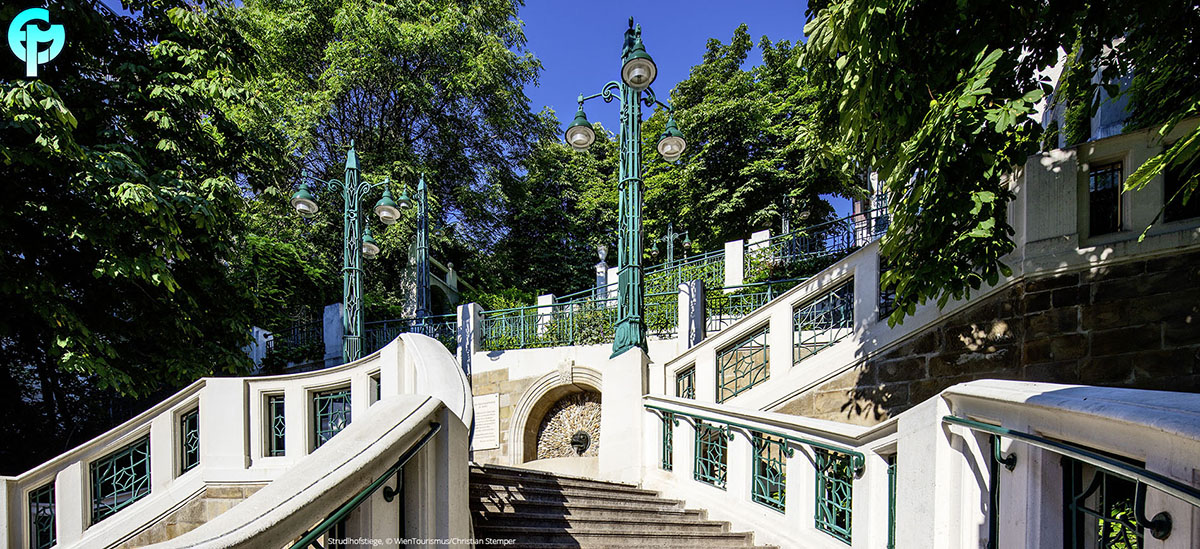
SEAA 2017 - Software Product Lines and Software Ecosystems
Call for Papers:
Software Product Lines and Software Ecosystems (SPLSeco)
To consider families of software-intensive systems as a conceptual whole rather than treating each system individually has been suggested a long time ago. Based on this idea, Software Product Lines (SPLs) (e.g., with systematic reuse and actively managed sets of features) promise considerable benefits when creating and maintaining software-intensive systems such as increased productivity and reduced time-to-market. SPLs have been successfully applied in many industrial domains.
Despite these promising results many challenges remain, in particular when SPLs are applied in industrial projects of realistic scale and complexity, when SPLs are part of larger systems-of-systems or when SPLs expand beyond organizational boundaries and transition to software ecosystems.
The track on Software Product Lines and Software Ecosystems at SEAA 2017 aims at bringing together researchers and practitioners to discuss, address, and overcome current issues in Software Product Line Engineering and Software Ecosystems. By combining perspectives from both research and industrial practice we aim to address scientific problems of practical relevance and realistic complexity.
SPLSEco welcomes original unpublished work related to Software Product Lines, Software Ecosystems as well as System-of-Systems and Ultra-large Scale Systems. In particular, we encourage research papers based on industrial experience and empirical studies. Topics include, but are not limited to:
- Requirements engineering for SPLs and Software Ecosystems
- Architectural approaches to SPLs and Software Ecosystems
- Modelling SPLs and Software Ecosystems
- Collaborative and distributed SPLs, Software Ecosystems
- Multi-stakeholder, multi-disciplinary environments
- Multi product lines
- Business and economic aspects of SPLs and Software Ecosystems
- Contractual and legal matters in SPLs and Software Ecosystems
- Development processes for SPLs and Software Ecosystems
- Continuous integration and deployment
- Agile and lean approaches
- Scalability and complexity of SPLs and Software Ecosystems
- Handling computationally complex problems, automated techniques
- Overcoming cognitive complexity, visualization, interactive techniques
- Handing of Non-functional Properties and software quality in SPLs and Software Ecosystems
- Migration towards systematic approaches, reverse engineering and mining of legacy systems
- Evolution and change
- Variability-aware techniques, e.g., for verification
- Runtime-variability, dynamic SPLs, variability in adaptive systems
- Integration of heterogeneous approaches, languages and techniques
Submission of Papers
The conference proceedings will be published by the IEEE Computer Society. The format is the IEEE two-column proceedings format (max 8 pages). Submission will be handled via EasyChair: https://easychair.org/conferences/?conf=dsd2017.
Track Chairs
Imed Hammouda, Chalmers | Univ. of Gothenburg
Thorsten Berger, Chalmers | Univ. of Gothenburg
Program Committee
Malte Lochau, TU Darmstadt, Real-Time Systems Lab, Germany
Jianmei Guo, East China University of Science and Technology, China
Iris Reinhartz-Berger, University of Haifa, Israel
Christoph Elsner, Siemens AG, Germany
Bo Zhang, Fraunhofer Institute Experimental Software Engineering (IESE), Germany
Maurice H. Ter Beek, ISTI-CNR, Pisa, Italy
Danilo Beuche, pure-systems GmbH, Germany
Samuel A. Fricker, Blekinge Institute of Technology, Sweden
Tommi Mikkonen, Tampere University of Technology, Finland
Slinger Jansen, Utrecht University, Netherlands
Frank Van Der Linden, Philips Healthcare, Netherlands
Christian Prehofer, fortiss GmbH, Germany
Claus Brabrand, IT University of Copenhagen, Denmark
Klaus Schmid, University of Hildesheim, Germany
Leopoldo Teixeira, Informatics Center, Federal University of Pernambuco, Brazil
Jan Bosch, Chalmers University of Technology, Sweden
David Benavides, University of Seville, Spain
Christoph Seidl, Technische Universitaet Braunschweig, Germany
Mike Mannion, Glasgow Caledonian University, Scotland, UK
Philippe Collet, Universite Nice Sophia Antipolis - CNRS/I3S, France
Iris Groher, Johannes Kepler University Linz, Austria
Marco Tulio Valente, Universidade Federal de Minas Gerais, Brazil
John Mcgregor, Clemson University, USA
Eric Knauss, Chalmers University of Technology, Sweden
Mathieu Acher, University of Rennes I / INRIA, France
Andre Santos, University Institute of Lisbon, Portugal